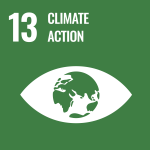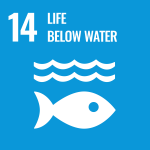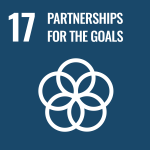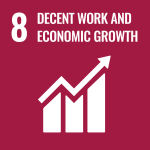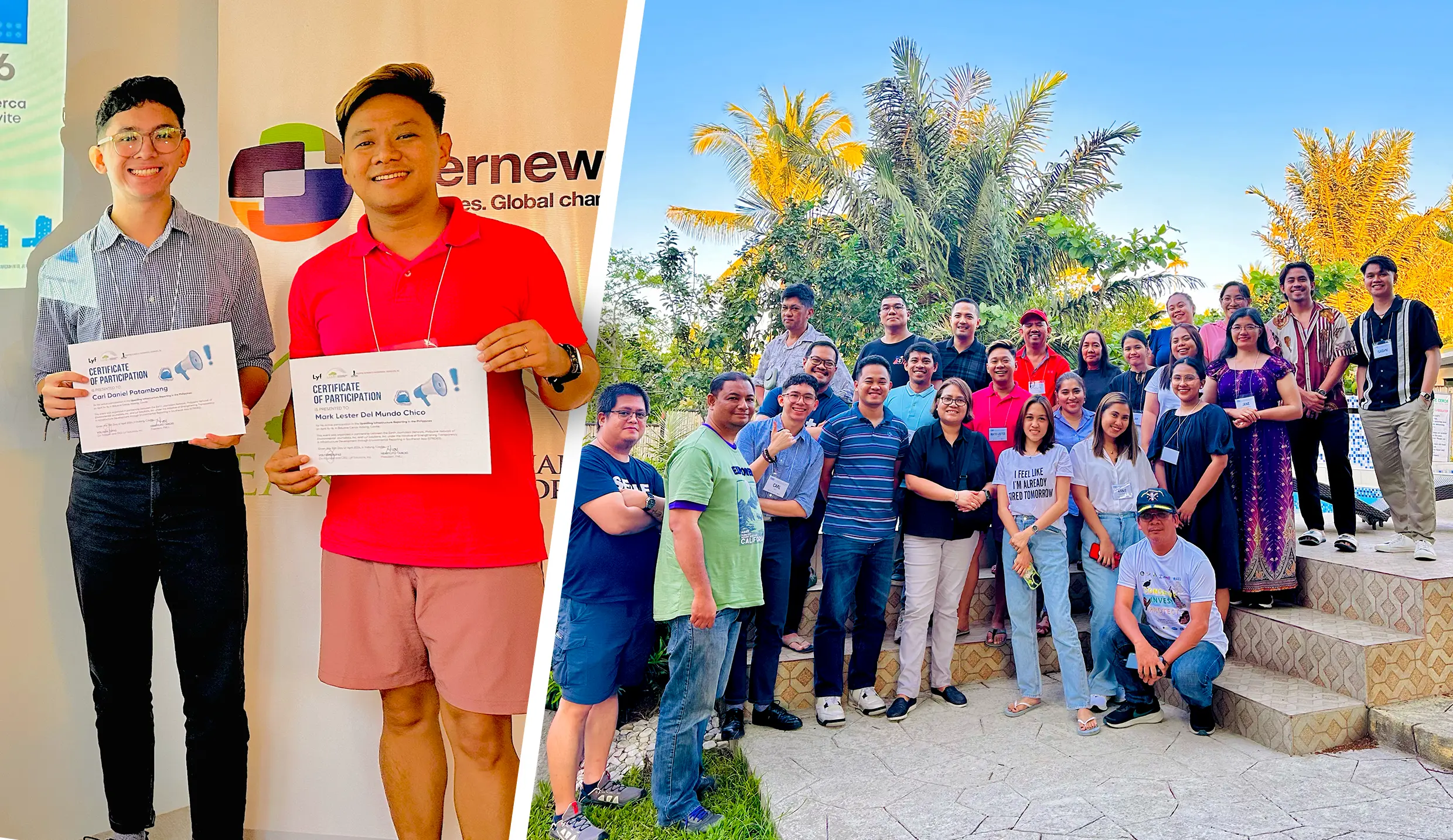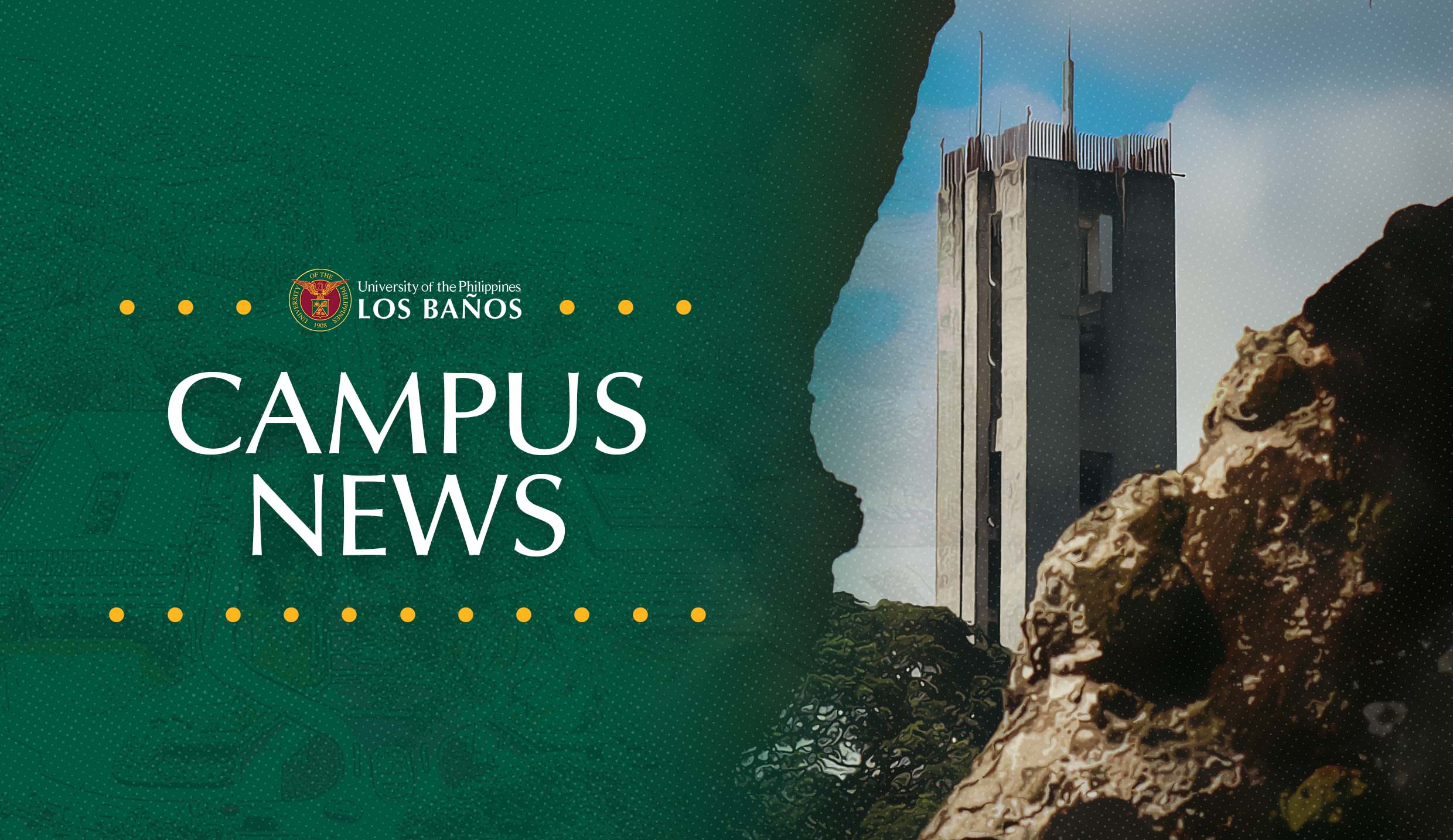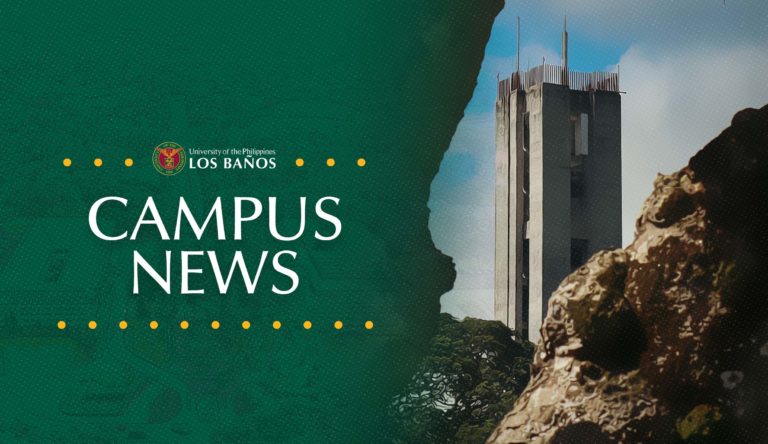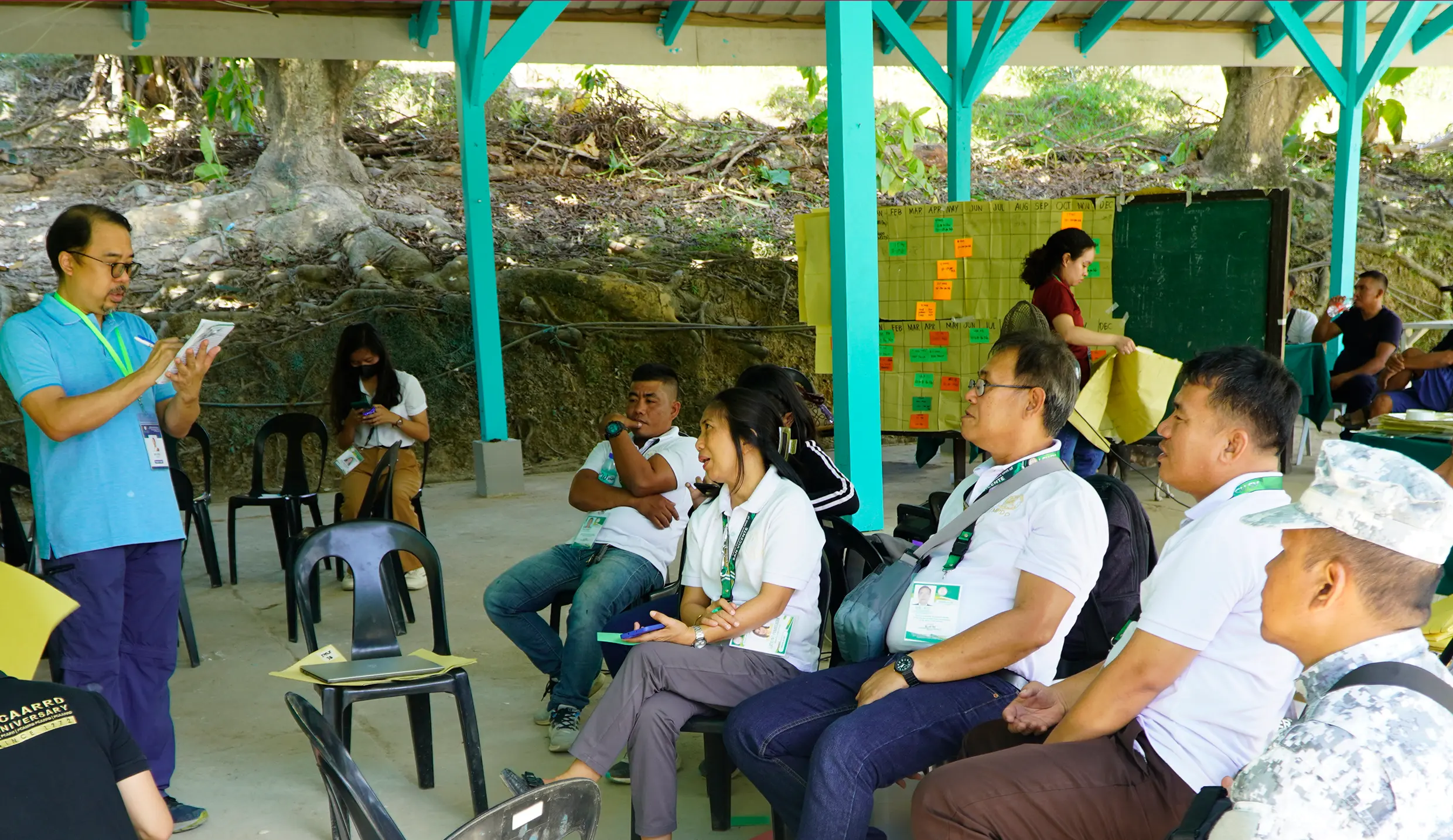
The UPLB Interdisciplinary Studies Center for Integrated Natural Resources and Environment Management (UPLB-INREM), through the research team of Natural Capital Accounting of Coastal and Marine Ecosystems in the West Philippine Sea (RE-INVEST WPS) Project 2, successfully implemented the second phase of its fieldwork activities in Puerto Princesa City, San Vicente, and Quezon in Palawan from February 12 to March 3, 2024.
The project is aimed at gathering primary and secondary data critical to establishing the physical and monetary accounts of ecosystem services provided by the areas of the province facing the WPS.
Jointly implemented with its academic partners, Palawan State University (PSU) and Western Philippines University (WPU), the fieldwork was principally devoted to collecting primary data from people who benefit from various ecosystems in the West Philippine Sea, specifically mangroves, seagrasses, coral reefs, and open sea.
Much of the work involved surveys with fishing households to estimate the value of provisioning services from capture fisheries, with non-fishing households to value the protective services of ecosystems against coastal hazards, and with local tourists to gauge the economic value of cultural services of recreational sites in the province.
Fishing and non-fishing household surveys were conducted in Brgys. Bacungan, Bahile, Buenavista, and Cabayugan in Puerto Princesa City; Brgys. Kemdeng, New Agutaya, Poblacion, and Port Barton in San Vicente; and Brgys. Isugod, Panitian, Sowangan, and Tabon in Quezon.
Tourism sites included in the recreation demand survey were Ulugan Bay, the beaches of Simpocan, Tagkawayan, Talaudyong, Nagtabon, Napsan, Isla Filomena, and Sabang in Puerto Princesa City; Port Barton and Long Beach in San Vicente; and Tabon Cave and Mansirit Island in Quezon.
Focus group discussions were held with fisherfolk and the government sector to discuss the extent and condition of ecosystems in the area, identify the threats and opportunities surrounding the management and use of these ecosystems, and gather preliminary data as a basis to refine the project’s research instruments and for future analyses.
Beyond these activities, the research team also facilitated coordination and capacity-building activities, including courtesy visits to local government units, synthesis workshops with PSU and WPU, enumerators’ training activities, stakeholder analysis, and training needs analysis.
The recently concluded Western Palawan fieldwork came on the heels of the reconnaissance and partnership-building activities with PSU, WPU, and the Palawan Council for Sustainable Development held by UPLB-INREM in July 2023. Memoranda of agreements with these institutions have been formalized to facilitate cooperation in conducting project activities and building the capacities of local stakeholders in implementing natural capital accounting initiatives.
Entering its third year of implementation, RE-INVEST WPS Project 2 is set to conduct future fieldwork activities in Bataan, Pangasinan, and Zambales.
RE-INVEST WPS Project 2 is a three-year project funded by the Philippine Council for Agriculture, Aquatic, and Natural Resources Research and Development of the Department of Science and Technology. It is the second component of the Resource Inventory, Valuation, and Policy in Ecosystems under Threat (RE-INVEST): The Case of the West Philippine Sea” program, which is co-implemented with the UP Marine Science Institute and UP Institute for Maritime Affairs and Law of the Sea. (Christian Ray C. Buendia and Farah Y. Sevilla)



